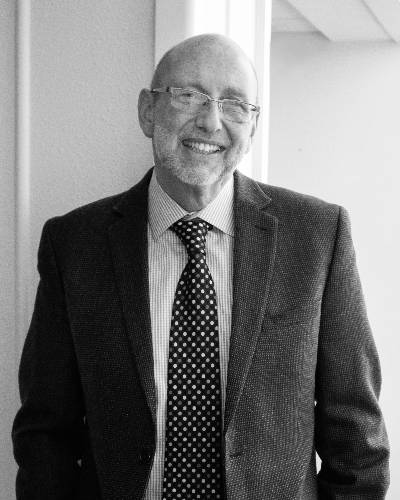
Discussing The Three Sisters in The Making of Modern Drama, scholar Richard Gilman argues that, in spite of their constant longing to move to Moscow, the sisters stay, not because they are "weak or ineffectual," but because "staying is synonymous with their being alive." In other words, as Gilman posits, "Chekhov wishes to reveal how time, as we experience it, is always and only in the present, how the future is always an illusion, the past always absence or loss.... The present is all we can know of life, all we can be truthful about."
It seems fitting, especially now, that we turn to Chekhov to remind us of the importance of attempting to embrace the present. No other playwright defines yearning quite as well, and yet, considering the current circumstances especially, Gilman is right: "...the future is illusory, a matter for speculation, for talk which however passionate and 'sincere' will not bring about its desired shape."
If you are anything like me, living in the present is always difficult. At 63, I reminisce about the past, often with more than rose-colored glasses, and I anticipate the future—at my advanced age, with some amount of trepidation.
Ok, fear.
And in these unprecedented times, fear can too easily drive us, causing us to embellish the past and overly anticipate the future: When will we return to what we had before? When will this be over?
Social media is currently filled with photos that depict gatherings, projecting in statuses, tweets, and pictures what we hope will happen when this is over. And since no one can reasonably and honestly predict the future with any certainty, we find ourselves living in the when and if, not the now.
Let me suggest, my friends, that in my lifetime at least, there has been no better time to spend our efforts recognizing, defining, and dare I say, celebrating the present?
If Gilman is correct about Three Sisters (and I think he is), and our time is best spent in the present, then how does this translate to action? In the case of online arts education, it translates into not comparing how we educate now with what we did a month ago, or what we hope to do in August. In the case of our personal lives, it translates into what we can learn about ourselves in this moment, not compared to what we learned yesterday or hope to know tomorrow. In the case of our world, it translates into how best can we support what we love and respect most, and if we do (inevitably) compare this to the past, it should primarily be as a means of understanding the present.
All of our attention now should be devoted to living in the present.
I used to tell my students that time itself is an illusion, an effective means of organizing space, but, if you know me, I'm a prisoner to that illusion, paying as much attention to my watch as anyone I know. So this column should not imply that I am, yet anyway, practicing what I preach.
Wrong word. I apologize.
I'm not preaching: I'm gently encouraging, as we move forward with new platforms in education, in entertainment, in communication, in the arts, with our families, and in our personal growth, we should learn from Chekhov: the present or "staying," as Gilman purports, is nothing to apologize for, nor is it static. It is, instead, "synonymous with being alive."
And for me, that's reassuring.
